Our culture ostracizes and spits upon addicts. Yes, they are inherently selfish. I know this because I am one. They will lie, steal, and cheat you to get their drug of choice. They will ask for food money and starve themselves to spend it on drugs. But something we must ask ourselves is why? Are the millions of people who cannot put down the drugs and booze “bad” people? Or are they struggling with demons so overwhelming that they are willing to destroy their lives to escape?
When I started drinking, it was as if I found my solution to life. No longer did I have to exist in this world; no longer did I have to feel. I could run away from my demons in a drunken haze. All the fear and anxiety that ruled my life faded with every drink. Though, it always came back with a vengeance the morning after. I needed more, more, more, but more was never enough. It was not until I pushed away everyone who loved me and I was about to be homeless that I could explore an existence that wasn’t numbed. Even so, I did not want to stop drinking and drugging. I just wanted the consequences to end.
Getting sober has been the most challenging thing I have ever done. Sixteen months without drugs and alcohol, and it is still a daily challenge. Every time I have a feeling too big, my first thought is always to drink it away. Even though I have begun to make amends to my loved ones, alcohol is still my one true love. She is the one who got away.
In Kristen Neff’s book, “Self-Compassion,” she describes a scenario in which a homeless person is begging for money. Neff writes, “Maybe he was just begging for money to buy alcohol or drugs–– should you still feel compassion for him? Yes… Compassion is not only relevant to those who are blameless victims but also to those whose suffering stems from failures, personal weakness, or bad decisions. You know, the kind you and I make every day.”
In this example, Neff argues that compassion is not only meant for a hypothetical special kind of morally superior people. No one like that exists. None among us die having done no wrongdoings. Can you really say you have never lied, cheated, or stolen in your life? If you can, you’re lying to yourself. Everybody makes mistakes.
Have you ever drunk alcohol, smoked weed, or used other mind-altering substances casually? Maybe you were of legal age; maybe you weren’t. Perhaps you got too drunk or high and learned your lesson for next time. Maybe you had to lie to get your drug of choice. That’s how it starts for many of us, except for one key difference: addicts can never put down their drug once they pick it up.
In “The Big Book of Alcoholics Anonymous,” Dr. Bob asserts, “the action of alcohol on these chronic alcoholics is a manifestation of an allergy; the phenomenon of craving is limited to this class and never occurs in the average temperate drinker.”
Dr. Bob describes exactly why addicts and alcoholics will go to any length necessary to get their drug of choice, even if that means steamrolling everyone in their way, even if that means hurting the people who love them most. Drinking and drugging is the “manifestation of an allergy.” For normal drinkers, it is a social activity, and they may stop after one. For addicts, one is too many because one is never enough. There is no human way to stop once we start; you best believe we have tried.
We must have compassion for those who cannot seem to get sober, who are physically and mentally dependent on something to exist, who just don’t know how to function in this painful world. We cannot help someone who does not want to be helped, nor can anyone force someone to get clean besides themselves. However, we can stop spitting upon the sick and suffering and recognize that they are just that–sick from a cunning, baffling, and powerful disease with no cure. No one chooses to be an addict or alcoholic, just like no one chooses to live with any other disease.
I may get sober, but I will live with this disease for the rest of my life. A type 1 diabetic might take insulin, but they will never not have diabetes. My treatment is a twelve-step program of action, which keeps me sober one day at a time. So, just because someone has yet to break free from their addiction doesn’t mean they’re less worthy of love and compassion. All of us addicts stop using drugs eventually, but only some live to talk about it.
CORRECTION: Nov. 27, 2023
A previous version of this article included the name of a recovery program that the author has since asked the Voice to remove. All other content remains the same.





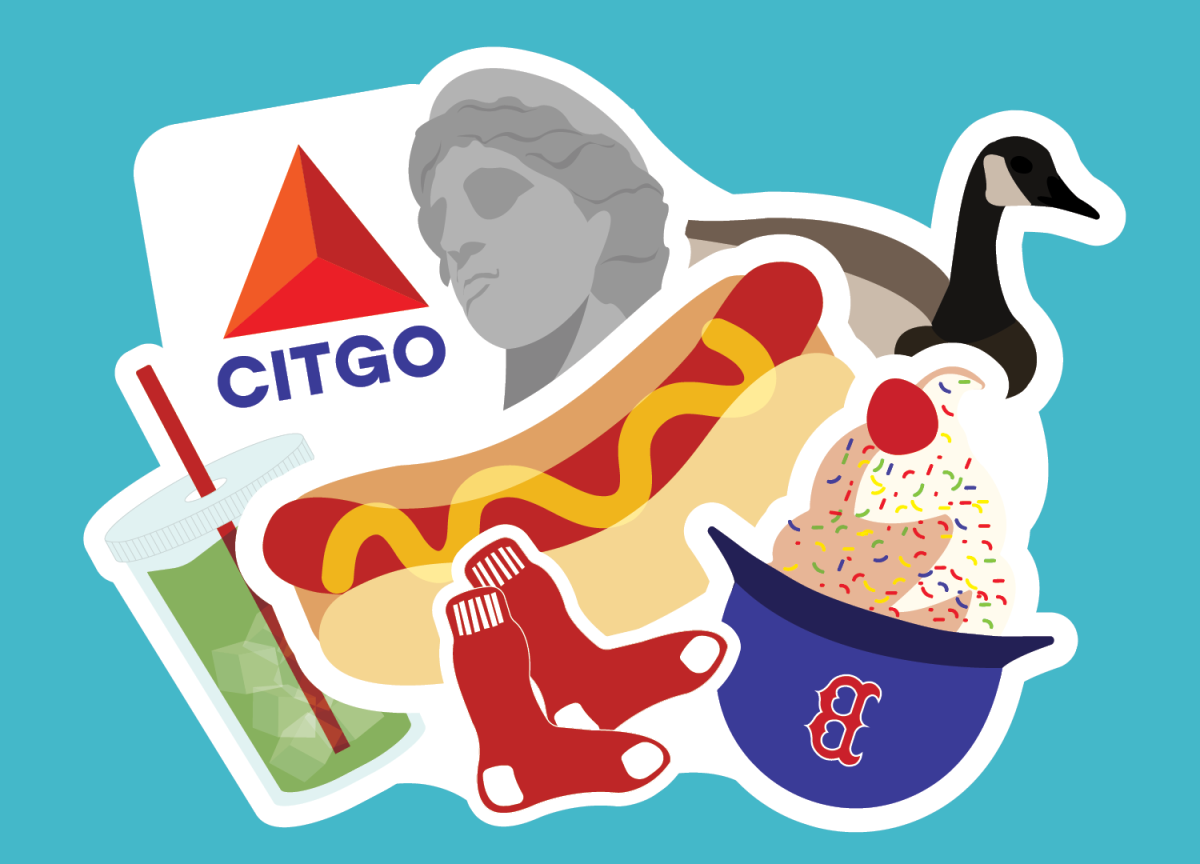
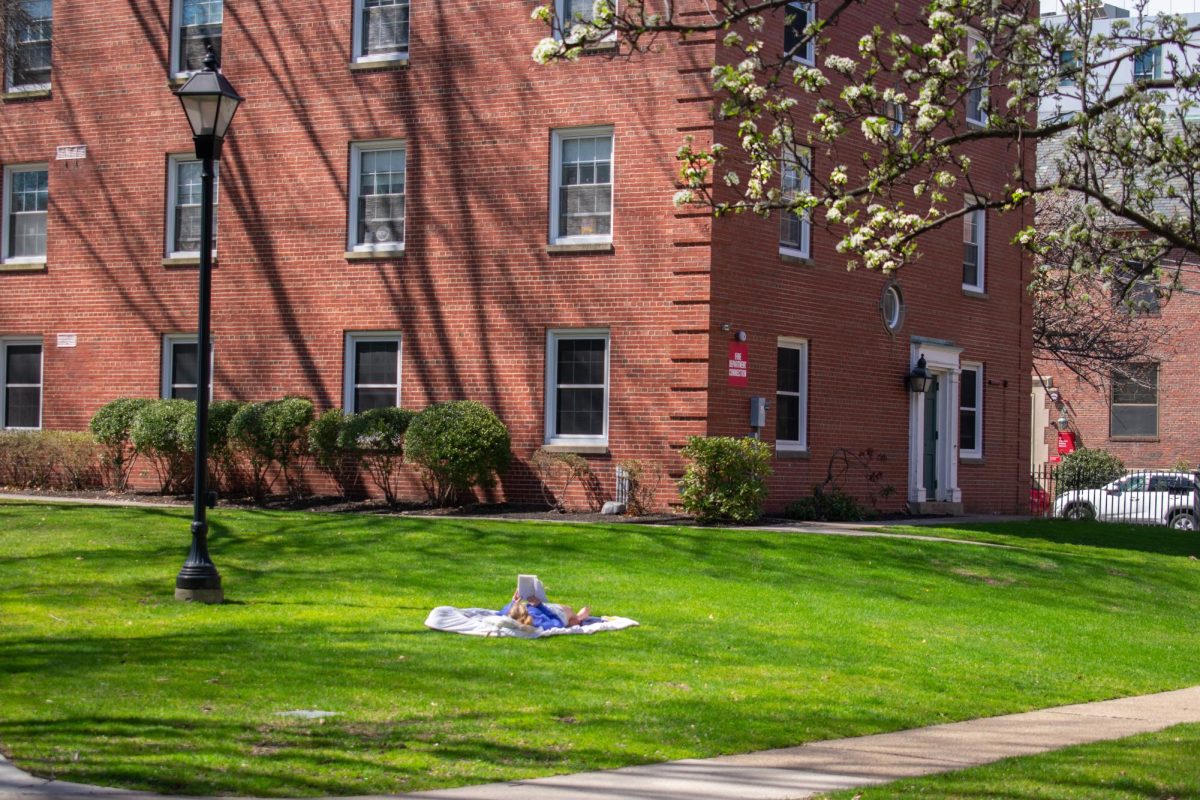
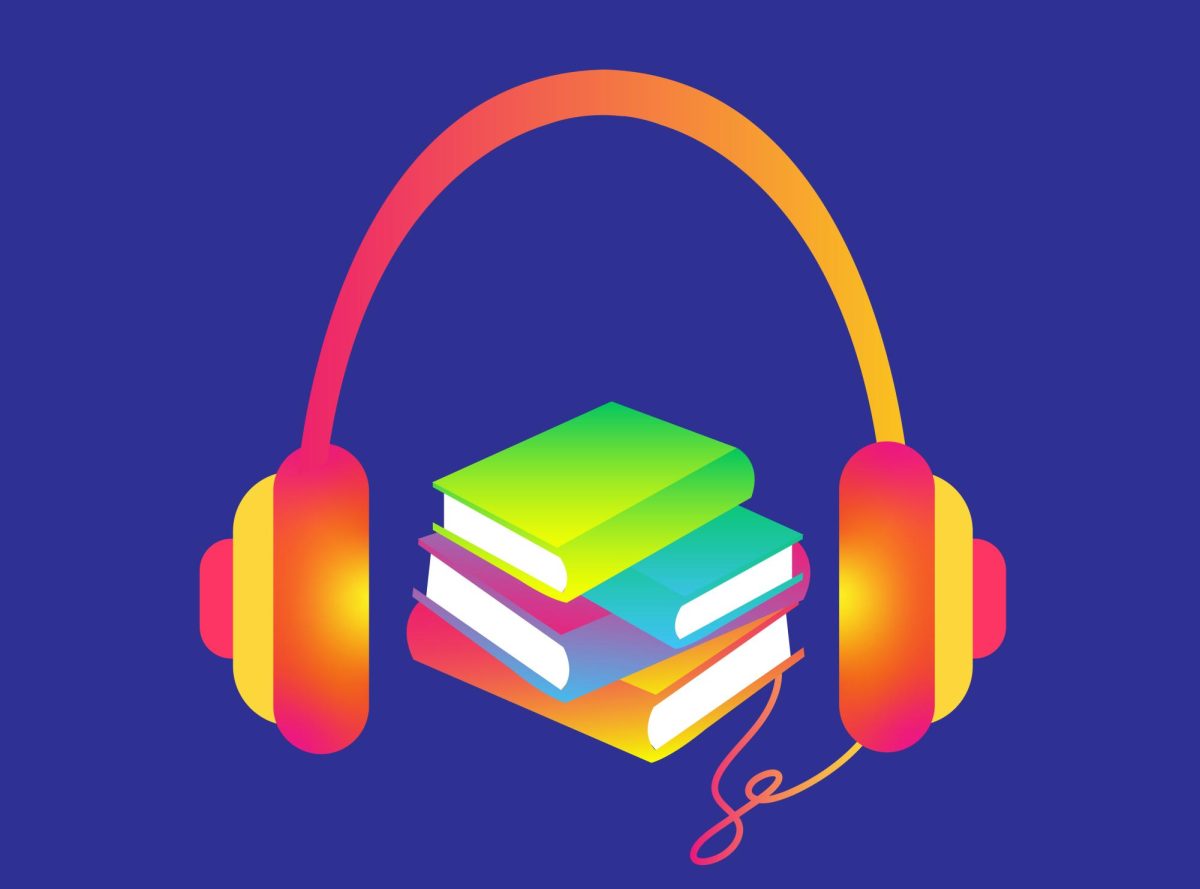




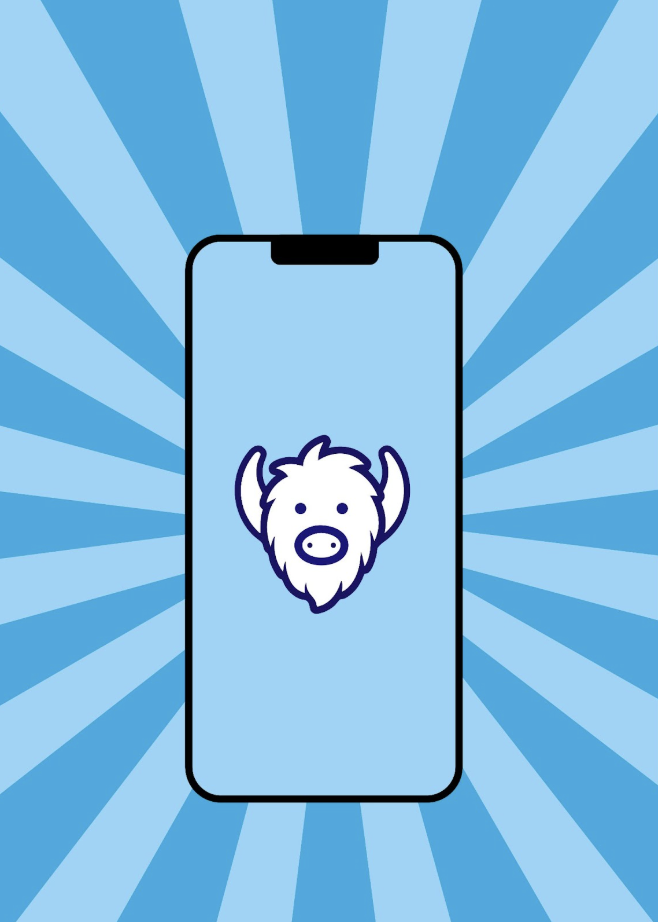

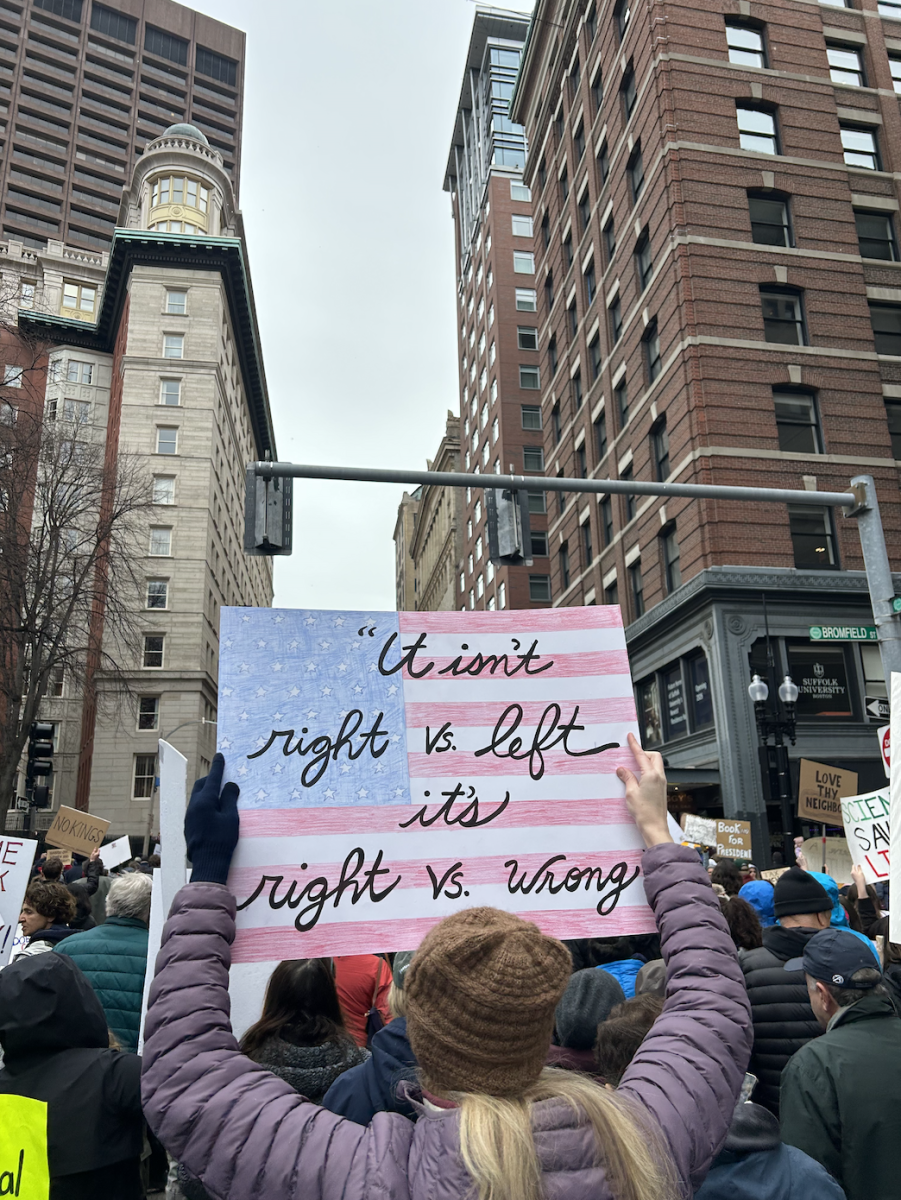
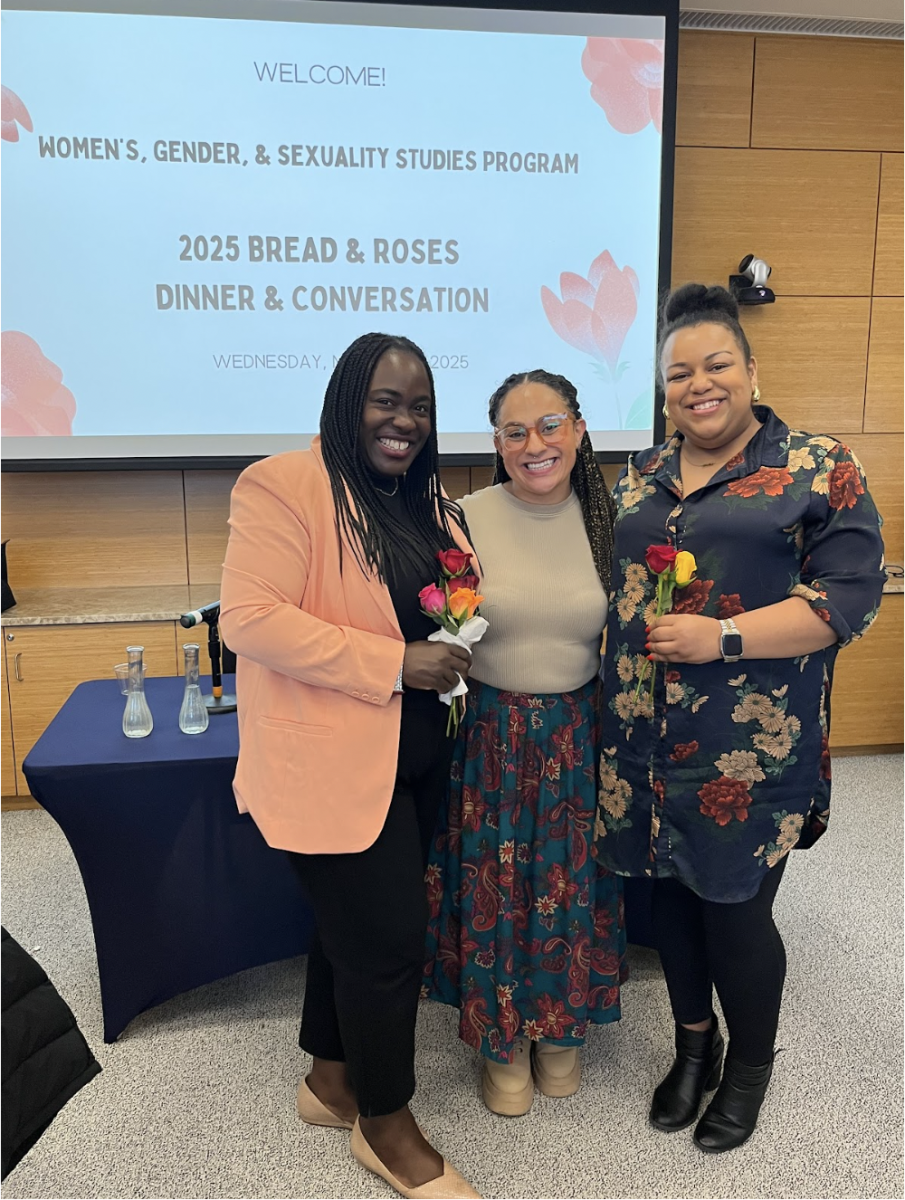

Kell Brigan • Nov 27, 2023 at 6:15 pm
Compassion, sure. Enabling? Tolerance of abuse? Playing mind games with words and effects? No way. The only way I can express “compassion” is by helping addicts* stay sober. Anything else is making the problem worse.
*And, yes, that includes a disturbing number of dog owners who are trying to blanket the world with their drug of choice.
Pamela • Jul 18, 2024 at 12:29 am
I agree, yes. And with the dogs, too….addicts/alcoholics will get clean and sober when it becomes too painful not to. And how many more pit deaths and attacks do we need?
As someone with 35 years of sobriety, the poster is a newcomer. The first things is ask her is to define “love” and “compassion.”